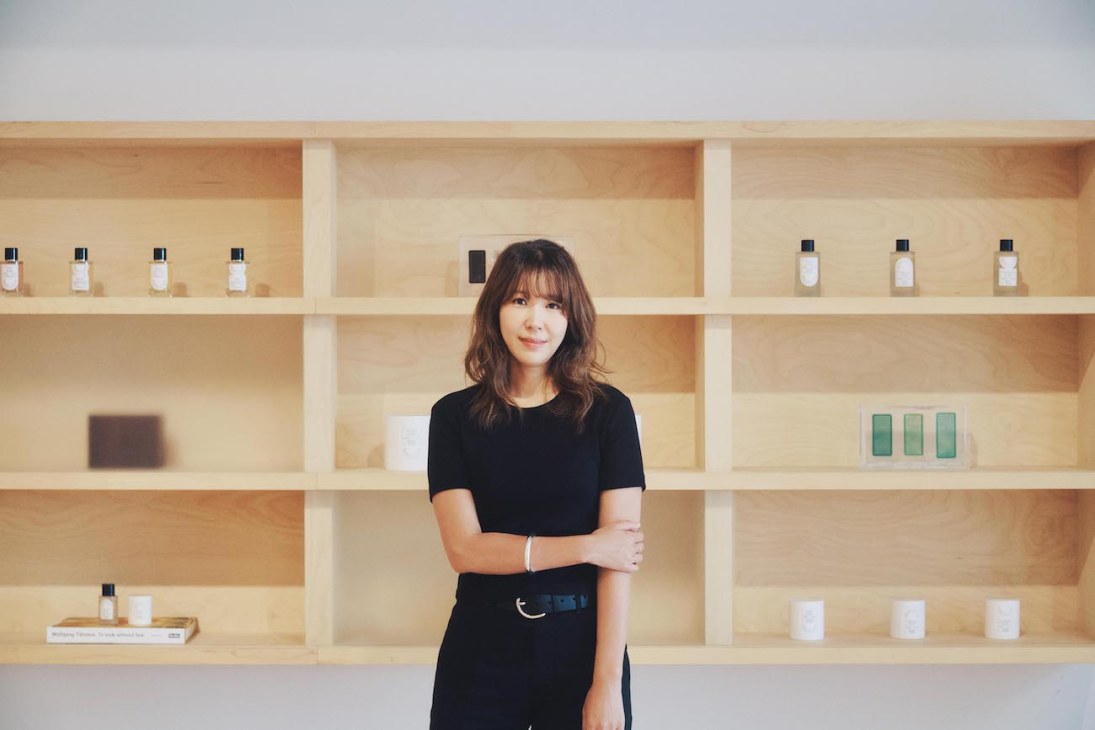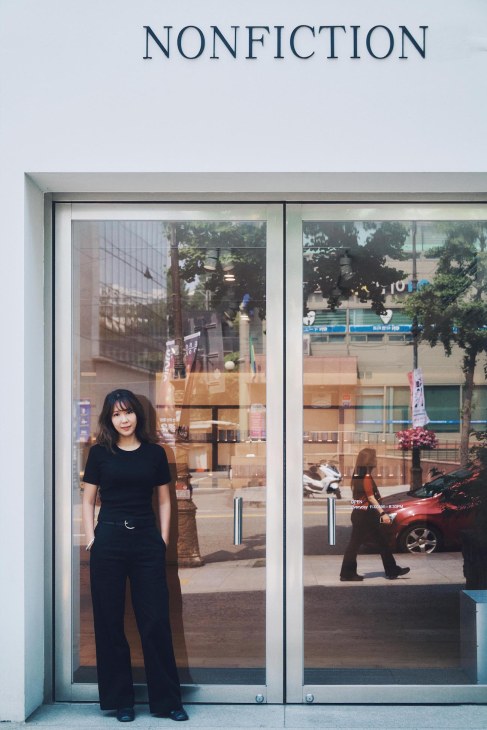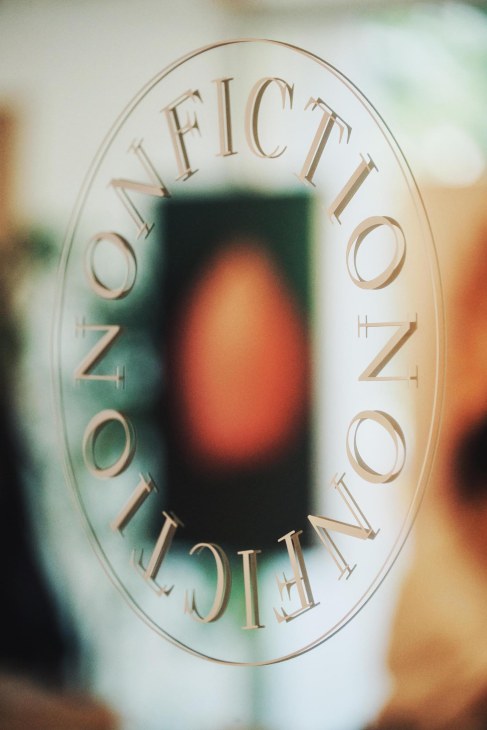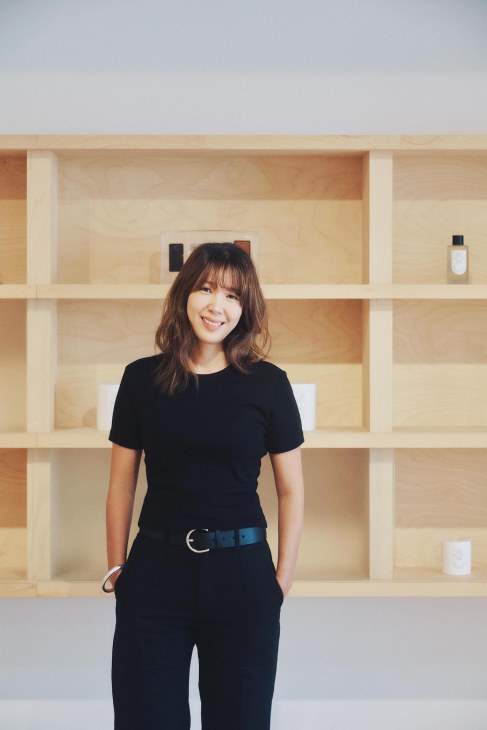How Cha Haeyoung is steering South Korea’s Nonfiction beauty brand towards global recognition
The perfume company CEO on what is powering growth at the minimalist perfume business with international ambitions
South Korea’s beauty industry is renowned for its trend-setting skincare products, often promoted by the country’s film and music stars. But 42-year-old Cha Haeyoung, the CEO and founder of perfume and skincare brand Nonfiction, wants to outgrow the K-moniker. “I have so much respect for K-beauty but I don’t want to be defined by it,” says Cha, who tends to stay out of the spotlight. With plans to expand to the US and Europe, she wants to create a borderless brand that transcends nations and any ties to her as founder and majority shareholder.

Dressed in black, Cha meets Monocle in Seoul’s Hannam neighbourhood, home to many of the country’s richest families. In Nonfiction’s boutique – one of 11 outposts in South Korea, alongside two in Japan and one in Hong Kong – yellow tulips bloom on display tables, adding colour to the brand’s monochrome aesthetic.
Floral scents have become Nonfiction’s flagship product line, popular with both men and women. These include The Rose, the latest perfume created by French perfumer Maurice Roucel. Cha says that she has always had a sensitive nose, though fragrance wasn’t in her original blueprint for the company. “This is embarrassing but I wasn’t used to buying South Korean perfumes,” she says. “There was a perception that the best scents were made abroad, so I didn’t think about making fragrances.”
A few years ago, Cha was introduced to well-established perfumers in France. At her first meeting with Roucel, the 79-year-old showed her original fragrance samples inspired by Nonfiction, created at his own initiative. “Maurice is the wittiest, coolest French grandpa,” says Cha. “He told me that Nonfiction inspired a minimalist, clear feeling. Something that brings out the very fragrance of our skin.” This encounter yielded their first collaboration, The Beige, in 2024.


Nonfiction’s turnover last year surpassed €30m. Annual revenues are averaging double-digit growth and the six-year-old company now has almost 150 employees in South Korea alone. While perfume is powering its current growth, the coronavirus pandemic proved to be the first unexpected business opportunity. Nonfiction launched in 2019 with a collection of body washes and hand lotions sold at Sephora. These products became a viral gift for South Koreans to send each other during lockdown and, by the end of 2020, first-year sales of about €50,000 had soared to almost €3.5m. This growth was “shocking” for Cha. “At the time, I didn’t even know what that success meant,” she says. “I was scrambling to answer emails and attend meetings. The growing pains were indescribable. I had no time to feel happy. I was working all the time.”
Cha started Nonfiction with two employees. They would meet at her home, a “fairy-tale” period before rapid growth that she compares to falling in love. Cha describes her first showrooms, in Hannam and Busan, as having “the warmth of our grandmother’s living room”. The retro-themed shops were a hit, face masks and social distancing notwithstanding. “Good branding is about different elements coming together in harmony,” she says. “When I enter spaces that reflect that, I feel a huge thrill.”
“I have always loved clothes,” says Cha. “Since I was young, I have wanted to experience everything first: the best hair salon, the best natural wine, the best bread.” Now customers race to Nonfiction shops to be first to buy a new scent.

As international markets beckon, her advice to other entrepreneurs reflects her brand’s evolution. “Trust your instincts and be wary of flashy exteriors, especially your own,” she says. “What is seen by others is fiction. Explore what lies beneath.”
Six years since founding Nonfiction, Cha takes more holidays and strives for a better work-life balance, something she credits to her married life. Yet she remains committed to the business. “I love creating a product, making it sell well and building revenue,” she says. “If, some day, I’m OK with my company changing colours without me, I’ll let go then.”
nonfiction-beauty.com



